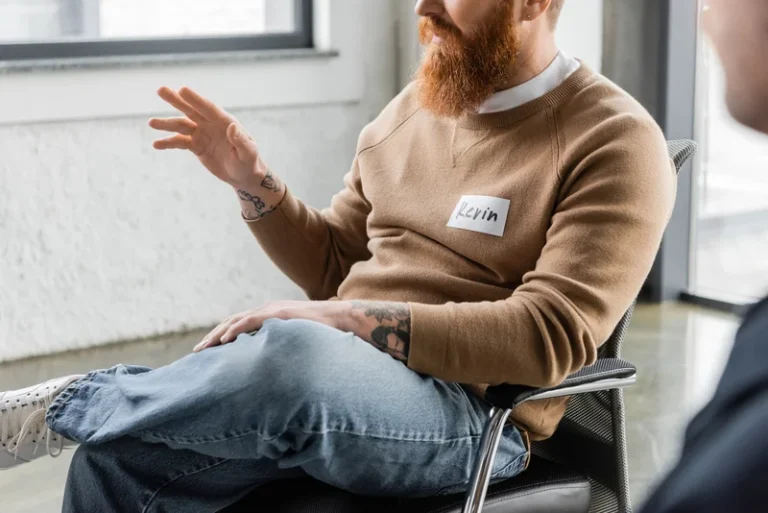ADMIN
No description.Please update your profile.

Listening to others’ stories is powerful, but there’s only so much we can handle when it comes to looking at how things fall apart. Instead, motivational coaching is all about putting our lives back together! The key is to find a person we really jibe with so that we can develop a strong and trusting relationship with our coach. They’ll motivate us to keep going when things get rough, provide useful insights, and, most importantly, cheer us on along the way. Motivational coaching uses motivational interviewing, goal-setting, and accountability techniques to inspire change.


Seeing a mental health professional can be a great asset, especially if you are diagnosed with a mental illness (or suspect that you might be). They can help to identify how mental illness played into excessive consumption of alcohol and provide specific methods for overcoming those challenges. Recovery isn’t a one-size-fits-all situation and even though there are a lot of people around the world who swear by Alcoholics Anonymous, that doesn’t mean it’s for everyone. The key to lasting and long-term recovery from alcoholism on your own will come from taking away the best aspects of Alcoholics Anonymous and drug rehab and incorporating those practices into your daily life. Yes, there are many alternatives to AA that focus on different approaches to alcohol recovery.
If you’ve been thinking about re-evaluating what you toast at social events, one of these sober-curious courses or communities may help you decide for good. American Addiction Centers (AAC) is committed to delivering original, truthful, accurate, unbiased, and medically current information. We strive to create content that is clear, concise, and easy to understand.
After you quit, you may find that walking by the bar where you used to drink brings up strong urges. Or you may getting sober without aa find that every time you get home from work the idea automatically pops into your head to pull a beer out of the fridge. Of course, for people with advanced alcohol addiction, even one drink might be too much of a risk.

Interviews will elicit their knowledge about addiction, recovery, and community based recovery houses such as SLHs. Their perceptions of the strengths and weaknesses of SLHs in their communities should provide data that can be used to modify houses to improve acceptance and expand to serve more drug and alcohol dependent persons. We hypothesize that barriers to expansion of SLHs might vary by stakeholder groups.
To find a sober coach, search Google for local options or explore coaching databases like Bark and Noomii. When searching for a therapist, it’s a https://ecosoberhouse.com/article/the-hidden-effects-of-binge-drinkin/ good idea to look for one who specializes in AUD or addiction. It’s important to note that moderation does not work for everyone, but it is a valid approach for some. If you do wish to participate, you can create a free Reddit account to comment on others’ posts and make your own. Reddit does not require you to provide your name, photo, or even your email address.

SMART Recovery programs offer both local in-person meetings and online support through a 24/7 chat board and daily online meetings. SMART Recovery programs avoid labels, such as “alcoholic,” and shy away from the disease model of addiction. They focus on methods that use both Motivational Enhancement Therapy and Cognitive Behavioral Therapy components to engender change of self-destructive behaviors. Despite the enormous need for housing among the offender population, SLHs have been largely overlooked as a housing option for them (Polcin, 2006c).
Mindfulness practices, such as meditation, yoga, and deep breathing, help reduce stress, manage emotions, and decrease cravings. By engaging the prefrontal cortex and reducing reliance on the default mode network, mindfulness can create physical changes in the brain that support sobriety. Meetings typically begin with an introduction and check-in period where members can help to set the agenda for that day based on any pressing issues. If there aren’t any specific topics that come up during check-in, the facilitator will likely have a prepared topic to discuss and work through with the group.
No description.Please update your profile.
LEAVE A REPLY